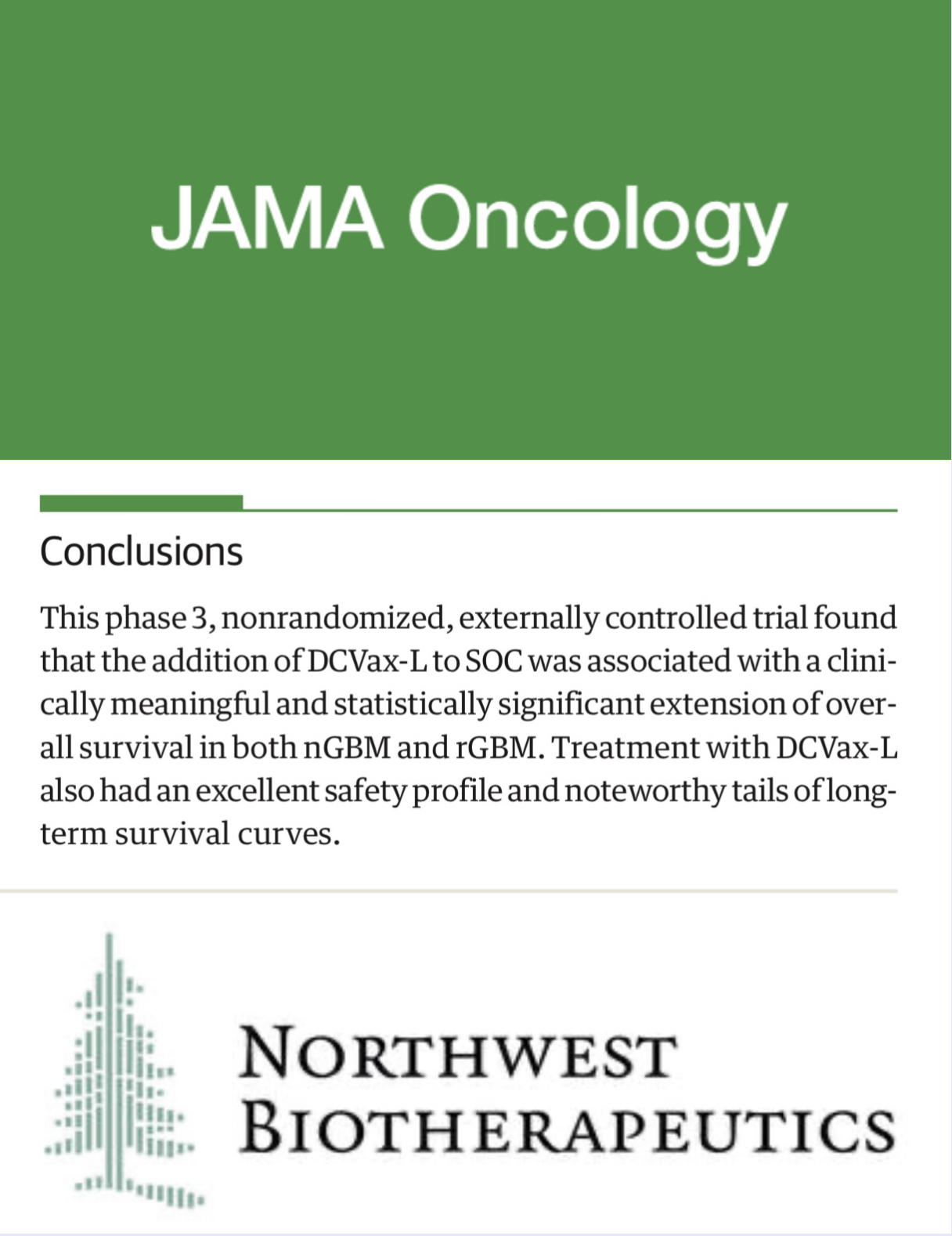Established Cancer Predisposition Genes in Single and Multiple Cancer Diagnoses
IF 20.1
1区 医学
Q1 ONCOLOGY
引用次数: 0
Abstract
ImportanceMuch of the understanding of cancer risk associated with rare pathogenic variants (RPVs) is derived from family-based studies or clinically ascertained samples, which may be limited by ascertainment and selection bias.ObjectiveTo quantify associations between RPVs in previously implicated cancer predisposition genes and single and multiple cancer diagnoses in a large population-based study.Design, Setting, and ParticipantsIn this genetic association study, whole-exome sequencing data were used from the UK Biobank, a UK population–based cohort that enrolled participants aged 40 to 69 years between 2006 and 2010. Participants who were involved in the whole-exome sequencing release of 200 000 genomes in 2020 were included in this study. This analysis included White participants only, as findings in other racial and ethnic groups had small sample sizes. Participants were diagnosed before or after biobank enrollment until March 2024.ExposuresThe sequencing data of a set of 96 previously implicated cancer predisposition genes were analyzed and compared using 2 methods. To determine the statistical significance of an association, a robust optimal sequence kernel association test was used, while odds ratios (ORs) and 95% CIs were obtained through Firth logistic regression.Main Outcomes and MeasuresThe primary study outcome was the diagnosis of 1 of 11 cancers (bladder, breast, central nervous system, colorectal, lung, melanoma, ovary, pancreatic, prostate, renal, thyroid) defined by relevant diagnosis codes in inpatient hospital diagnosis, cancer registry, and/or death registry data.ResultsData from 183 627 participants (101 414 [55.2%] female) were analyzed, including 25 824 participants with at least 1 cancer diagnosis, of whom 23 704 (91.8%) had a single cancer diagnosis and 2130 (8.2%) had 2 or more cancer diagnoses. A total of 157 793 controls had no cancer diagnosis. The median (IQR) age was 62 (56-65) years in participants with at least 1 cancer diagnosis, compared to 57 (50-63) years in those without a cancer diagnosis. Genetic variation in 16 genes was significantly associated with at least 1 cancer of interest (在单一和多重癌症诊断中已建立的癌症易感基因
对与罕见致病性变异(rpv)相关的癌症风险的了解大多来自基于家庭的研究或临床确定的样本,这可能受到确定和选择偏差的限制。目的在一项基于人群的大型研究中,量化先前涉及的癌症易感基因中的rpv与单一和多种癌症诊断之间的关系。设计、环境和参与者在这项遗传关联研究中,全外显子组测序数据来自UK Biobank,这是一个以英国人口为基础的队列,在2006年至2010年期间招募了40至69岁的参与者。参与2020年20万个基因组全外显子组测序释放的参与者被纳入本研究。该分析仅包括白人参与者,因为其他种族和族裔群体的研究结果样本量较小。参与者在生物库登记之前或之后被诊断出来,直到2024年3月。采用两种方法分析和比较了一组96个先前涉及的癌症易感基因的测序数据。为了确定关联的统计显著性,使用稳健的最优序列核关联检验,并通过Firth逻辑回归获得优势比(ORs)和95% ci。主要结果和测量主要研究结果是住院医院诊断、癌症登记和/或死亡登记数据中相关诊断代码定义的11种癌症(膀胱癌、乳腺癌、中枢神经系统癌、结直肠癌、肺癌、黑色素瘤、卵巢癌、胰腺癌、前列腺癌、肾癌、甲状腺癌)中的1种的诊断。结果共纳入183 627例研究对象,其中女性101 414例(55.2%),其中至少有1种癌症诊断的25 824例,其中23 704例(91.8%)为单一癌症诊断,2130例(8.2%)为2种及以上癌症诊断。共有15793名对照组没有癌症诊断。至少有一次癌症诊断的参与者的中位(IQR)年龄为62(56-65)岁,而没有癌症诊断的参与者的中位(IQR)年龄为57(50-63)岁。16个基因的遗传变异与至少1种目标癌症(ATM、BARD1、BRCA1、BRCA2、BRIP1、CDKN2A、CHEK2、HOXB13、MITF、MLH1、MSH2、MSH6、NF1、PALB2、RAD51C和RAD51D)显著相关。这16个基因中有1个存在RPV与至少1种癌症(OR, 1.87; 95% CI, 1.76-1.98)和多种原发癌症(OR, 2.56; 95% CI, 2.18-2.99)的几率增加相关。载频分别为6.28%和8.36%。结论和相关性在一项未选择的基于人群的研究中,本遗传关联研究证明了癌症易感基因与癌症诊断之间的几种已建立的关联。这些结果还表明,癌症易感基因中的rpv与多种原发癌症诊断有关,这表明在这些个体中可能需要进行多基因面板检测。
本文章由计算机程序翻译,如有差异,请以英文原文为准。
求助全文
约1分钟内获得全文
求助全文
来源期刊

JAMA Oncology
Medicine-Oncology
自引率
1.80%
发文量
423
期刊介绍:
JAMA Oncology is an international peer-reviewed journal that serves as the leading publication for scientists, clinicians, and trainees working in the field of oncology. It is part of the JAMA Network, a collection of peer-reviewed medical and specialty publications.
 求助内容:
求助内容: 应助结果提醒方式:
应助结果提醒方式:


